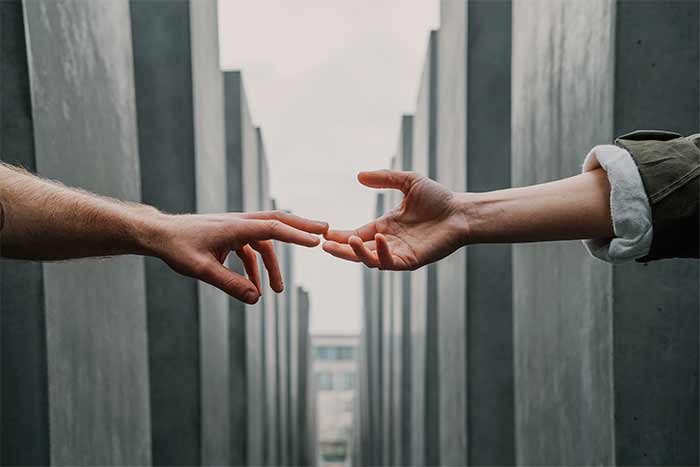Describe a situation when you helped someone.
You should say:
What the situation was?
Who the person was?
How you helped them?
And explain how you felt after helping him/her.
Note: You will have to talk about the topic for one to two minutes. You have one minute to think about what you are going to say. You can make some notes to help you if you wish.
Model Answer:
Introduction:
Helping others can be one of the most rewarding experiences. I recall a particular instance where I was able to assist someone in need, which left a lasting impression on me.
What the situation was:
The situation occurred during my college years. It was the end of the semester, and final exams were fast approaching. This was a stressful time for all students, as the exams were crucial for our overall grades.
Who the person was:
The person I helped was a classmate named Rohit. He was known to be a diligent and hardworking student. However, he had missed several classes due to a family emergency and was struggling to catch up with the coursework, especially in one of our major subjects.
How you helped them:
Recognizing his predicament, I offered to help him. We arranged a series of study sessions where I helped him understand the concepts he had missed and shared my notes with him.
We spent several evenings going over lectures, discussing key topics, and practicing past exam questions. I also encouraged him to approach our professor for additional guidance, which he did.
How you felt after helping him/her:
After our study sessions, Rohit was able to grasp the material better and felt more confident about the exam. Seeing his relief and gratitude was incredibly fulfilling for me.
I felt a deep sense of satisfaction knowing that I had made a positive impact on someone’s academic journey. It also reinforced my understanding of the subject, which was an added benefit. The experience strengthened our friendship and reminded me of the importance of kindness and support within our academic community.
Conclusion:
In conclusion, helping Rohit during a challenging time was a rewarding experience. It not only aided a friend in need but also enriched my own learning experience and reinforced the value of collaboration and empathy in overcoming obstacles.
IELTS Speaking Part 3 : Follow up Questions
Here some examples of follow up questions that you may asked during your speaking part 3 by examiner related to cue card “describe a situation when you helped someone”.
1. Do you like helping others?
Yes, I do enjoy helping others. It’s a fulfilling experience to be able to assist someone, whether it’s through offering advice, lending a hand in a practical task, or simply being there to listen. Helping others not only benefits them but also brings a sense of personal satisfaction and contributes to a more compassionate and connected community.
2. In your view, should children be taught to help others?
Absolutely, children should be taught to help others. It’s an important part of their social and emotional development. Learning to help and show empathy towards others fosters a sense of responsibility, kindness, and community spirit. It also helps children develop important life skills such as cooperation, problem-solving, and communication.
3. How can we encourage children to help others?
Children can be encouraged to help others by setting a good example ourselves. When they see adults around them engaging in acts of kindness and assistance, they are more likely to emulate this behavior. Additionally, praising and acknowledging when a child helps others reinforces this behavior. Incorporating helping tasks into their routine, like household chores or community service, and explaining the impact of their help on others can also encourage them.
4. Do you think people are less willing to help others these days compared to the past?
It’s a complex issue, and perceptions may vary. In some ways, the fast-paced modern lifestyle and individualistic culture might reduce the frequency of people helping strangers. However, there are also more organized ways of helping now, such as through charities and online platforms. Social media and technology have made it easier to raise awareness and support for causes, suggesting that the willingness to help might manifest differently rather than diminish.
5. Do people trust others as much as they used to in the past?
Social trust dynamics have evolved over time. In many communities, there may be a sense that trust has diminished compared to the past, possibly due to increased awareness of global issues, media influence, and urbanization. However, trust levels can vary greatly depending on the community, culture, and individual experiences. In some areas, especially in close-knit communities, trust remains strong and integral to social interactions.
6. How do people in your community help one another?
In my community, people help each other in various ways. This includes volunteering for community events, supporting local businesses, and participating in neighborhood watch programs. There’s a sense of camaraderie during times of need, such as during natural disasters or personal hardships, where people readily offer assistance with resources, time, and emotional support. Informal acts of kindness, like helping elderly neighbors with groceries or looking after each other’s children, are also common.






